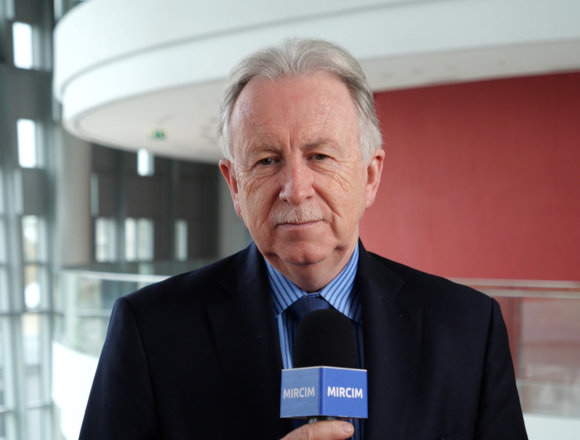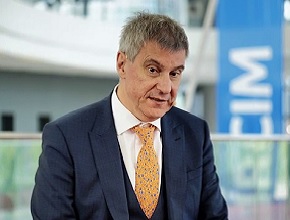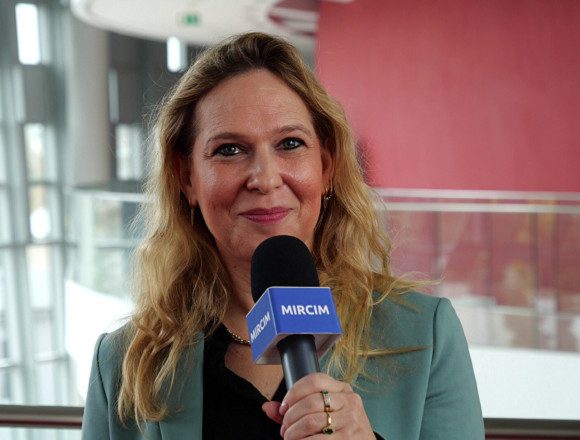Paul Moayyedi, MB, is a professor of medicine and assistant dean of research in the Faculty of Health Sciences at McMaster University.
If you were to name the 3 most important recent advances in gastroenterology that are relevant for everyday practice, what would they be?
If we’re talking about everyday, I think the concept that your gut bacteria affect everything in your life is the most important thing for me as a gastroenterologist, because this essentially means that more or less everything is amenable to gastroenterologists. So if you’re depressed, maybe it’s your gut and maybe you need to see a gastroenterologist rather than a psychiatrist. Of course I’m joking. My wife is a psychiatrist—see them.
But the point is that there is evidence that your gut microbiota affects many aspects of your health. We need to establish this a lot better before we really start consulting gastroenterologists for these things, but the point is that the gastrointestinal (GI) tract may have much wider implications than we realized, say, 10 years ago. That would be the first thing.
The second thing is related to that, which is our ability to change gut bacteria in ways that we weren’t before. The classic approach is now fecal transplant therapy, which is very good for Clostridioides difficile, which can kill some people if they don’t respond to antibiotics. But we find that virtually all patients will respond to fecal transplant therapy, where you give a healthy donor feces to an individual, either encapsulated or by rectal enema in the case of C difficile.
That can be very effective, and it may work in other diseases as well. The pharmaceutical industry is now developing curated organisms that may be used in things like ulcerative colitis and may be a great option, a more natural approach, than our current immunosuppression regimens. So I think that’s a really exciting development.
I guess the other area that is exciting is the development of AI: artificial intelligence, machine learning. This can go into all aspects of medicine. In GI, we are particularly using it in helping the endoscopist diagnose polyps, and what those polyps are, and whether they’ve seen the whole colon. Those sorts of supports for the clinician are going to be very important.
A pilot is still needed for a plane, but a lot of the work these days is done by computers. I see the technical aspects of medicine going the same way, in that it’s not that they can just do it and you don’t need to doctor anymore, but they will enhance what the doctor can do. I’ve given endoscopy as an example because you’re asking me as a gastroenterologist, but I think this applies to a lot of technical areas of medicine, which is an exciting future for us if we embrace it.
 English
English
 Español
Español
 українська
українська







